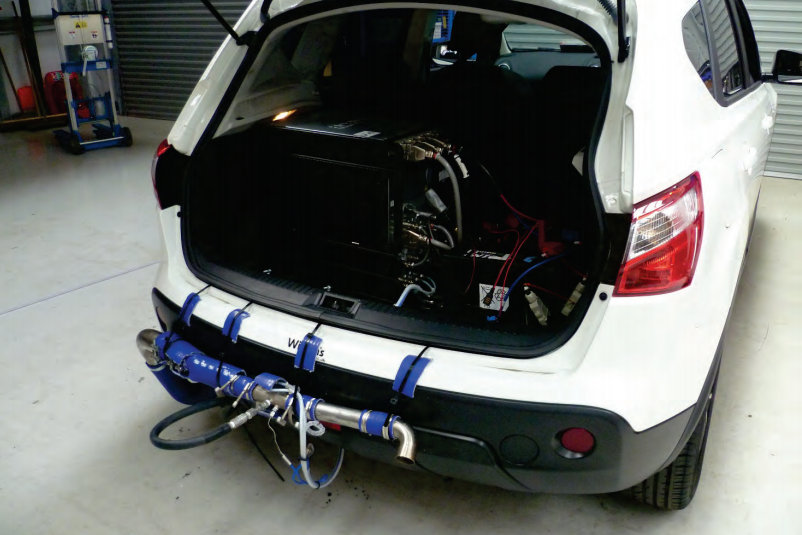A diesel car scrappage scheme is being considered by Government as part of a plan to lower emissions and improve air quality across the country, reports suggest.
Work is underway by officials in the Department for Transport (DfT) and Department for Environment, Food and Rural Affairs (DEFRA) on a scheme to offer cashback or a discount on low emission cars if people trade in their old polluting vehicles, reports The Telegraph.
Talks have taken place with the Treasury, which would finance the plan, and officials are developing a scheme which could focus on geographical areas around the country where pollution is worst.
The transport secretary Chris Grayling reportedly told industry experts that he supports plans for a scrappage scheme during a private meeting, but that it must be properly targeted.
However, a scrappage scheme aimed at removing the dirtiest diesel cars from the roads would have to be on a huge scale to have any significant effect, according to the RAC Foundation.
Analysis by the RAC Foundation found that approximately 1.9 million diesel cars fall into the oldest, most polluting Euro standard categories: 1, 2 and 3.
They account for some 17% of all diesel cars on the road (11.2 million in total) and are responsible for 15% of total NOx emissions from diesel cars based on estimates of real world driving data and annual mileages from MOT records.
The analysis calculated what might happen if a scheme was implemented along the same lines as that run in 2009/10 as an economic stimulus for the car industry.
This would take 400,000 of the oldest diesel cars off the road at a cost of some £800 million with the government and manufacturers both contributing £1,000 each to help people who trade in their existing vehicle replace it with a new model.
If every one of the 400,000 older cars was replaced with a new zero-emission electric vehicle then the cut in annual NOx emissions from the diesel fleet would be about 4,900 tonnes or 3.2% of the total emissions from diesel cars.
This drops to 2,000 tonnes per annum (1.3% of the total) if the scrapped cars were replaced with the latest Euro 6 diesel models and driven the same distance as those scrapped.
However there could be an annual increase of about 300 tonnes if the replacement Euro 6 diesels were driven as much as the other Euro 6 diesels being sold, with the mileages of all other vehicles remaining the same.
Furthermore it would be hard to target a scrappage scheme at those cars being used in urban areas where poor air quality is of greatest concern.
“Following speculations on the Government’s plan to introduce a scrappage scheme for diesel cars, the NFDA will be monitoring the situation and looking to engage with manufacturers and Government to ensure that the scheme has the desired impact”, said Sue Robinson, director of the National Franchised Dealers Association (NFDA).
“Scrappage schemes such as the 2009 vehicle scrappage scheme tend to drive the UK new car market which in turn drives the UK job market.
"The industry employs 700,000 people in the UK and last year alone 2.69 million new cars were registered.
"A scrappage scheme would be welcomed by the NFDA as it would benefit the UK economy, job market and consumers.”
















Dylan Setterfield - cap hpi International Forecasting Manager - 03/02/2017 14:40
How does "work is underway by officials" (unattributed source) become "considered by Ministers" given the quotes from the original Telegraph article that ? I have described an original headline of "some bloke in the pub says..." as more suitable. There are a large number of initiatives that would have a larger environmental benefit that would be cheaper for the public finances. Lazy journalism from the Telegraph has been largely exaggerated and widely distributed by the national and trade media. We expect better.